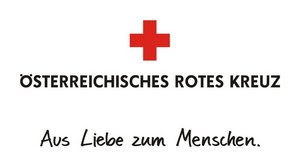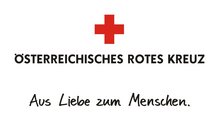
Generalist CVA training (Level 2)
The objective of the theory training is to build a general knowledge of CVA design and implementation and to incorporate CVA into assessments and responses to humanitarian disasters and other scenarios. There are two options for completing Level 2, one face-to-face and one that is based on a remote learning model.
IFRC Level 2 CVA
Type of study: Face-to-face training
Date: tbc (4 days)
Venue: tbc
Trainers: National and/or international trainers
Training language: English
Description
The aim of the training is to build the capacity of staff and volunteers to incorporate CVA assessments and responses to humanitarian disasters and other scenarios. The CVA training is designed to support staff who may be implementing activities using CVA as a programming option.
Key topics covered include feasibility and response options analysis, markets, CVA design, risk mitigation and contingency planning and preparedness.
Participants will have completed Level 1 training.
This course (either the F2F or online option) is a prerequisite for the PECT.
Content
- Key CVA Terms and Concepts
- CVA Feasibility
- Market Analysis
- CVA Design & implementation
Applicability
The CVA course is designed for RC/RC volunteers/staff and other humanitarian workers who are interested in improving their knowledge and skills in CVA. The course is designed for programme managers and field staff with little or no experience of using CVA, or with experience of only one modality or delivery mechanism.
Introduction to CVA
IFRC Livelihoods Centre online course
Type of study: CVA tutored online course
Date: tbc
Length of course: approx. 7hours/week for 9 weeks
Trainers: international trainers
Training language: English/French/Spanish
Description
The aim of the training is to build the capacity of staff and volunteers to incorporate CVA assessments and responses to humanitarian disasters and other scenarios. The CVA training is designed to support staff who may be implementing activities using CVA as a programming option.
Key topics covered include feasibility and response options analysis, markets, CVA design, risk mitigation and contingency planning and preparedness.
Participants will have completed Level 1 training. This course (either the F2F or online option) is a prerequisite for the PECT.
Content
- key CVA terms and concepts
- CVA feasibility
- Market analysis
- CVA design & implementation
Applicability
The CVA online course is designed for RC/RC volunteers/staff and other humanitarian staff interested in improving their knowledge and skills in CVA. The course is designed for programme managers and field staff with little or no experience of using CVA, or with experience of only one modality or delivery mechanism.


